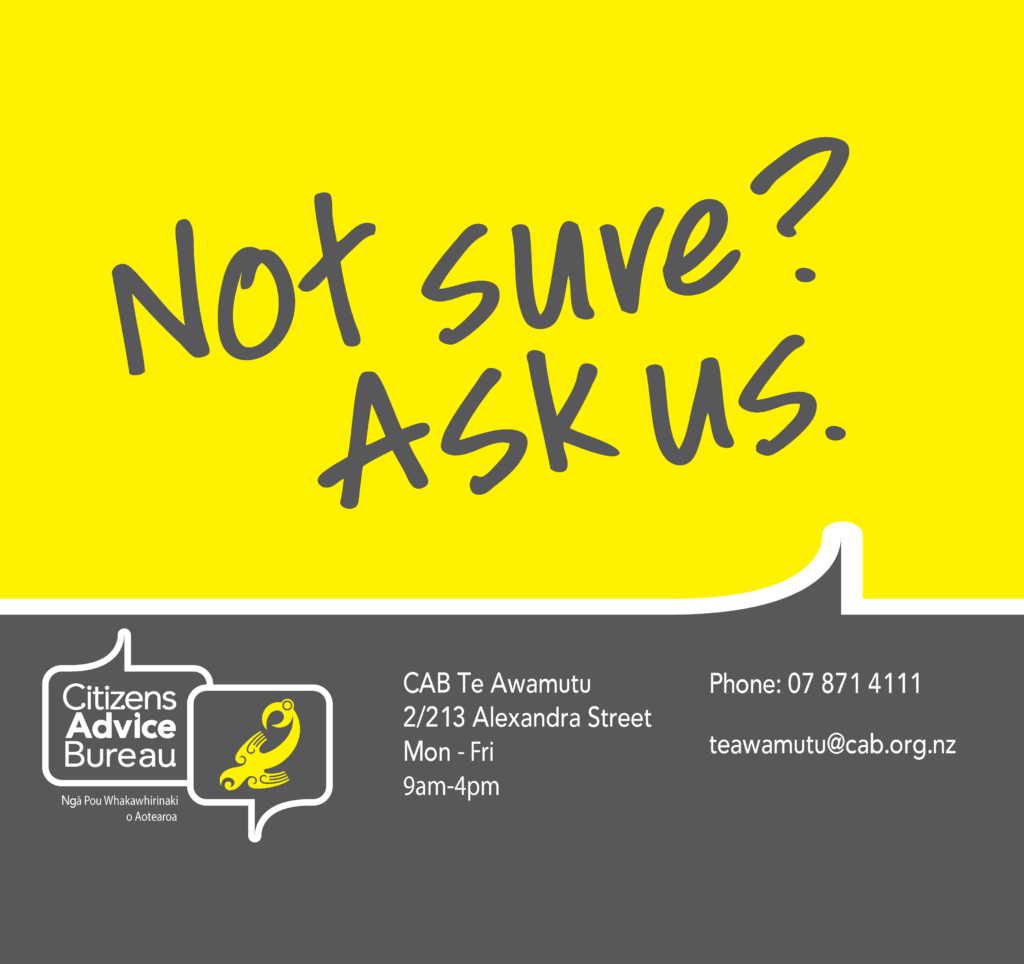Luke East looks at the challenges facing social agencies in Te Awamutu as they help families deal with the impact of Covid.
As New Zealand’s Delta crisis begins to draw to a close with the return of near normality to most of the country, a New Zealand Population Review has highlighted another crisis which is on the increase – homelessness.
The Review identifies rising house prices, increasing rental prices, employment insecurity and a range of other factors as contributors to this crisis. However, it also recognises the difficulty in measuring the extent of the crisis because most members of the homeless population are not on the social housing register or other databases.
Someone who has been on the frontline of tackling Te Awamutu’s homelessness issue Rev. Steph Owen of St John’s parish, who with her husband Bruce and friend Dennis Howell established the Kainga Aroha Community House in 1987. Prior to 1987 the combined churches had run a drop-in centre.
As demand grew the need for round-the-clock support emerged and Rev Owen said prayers were answered when they were gifted a house on Hall Street which became Kainga Aroha.
In 2007 Kainga Aroha moved from Kihikihi to Te Awamutu and is now managed by Kane Rangitonga.
Rev Owen said Kainga Aroha was initially borne out of the desire by young people to have somewhere safe to go when their parents were socialising. Many came from alcohol-dependent, and often violent, homes.
She said Kainga Aroha was initially dealing more with “emotional poverty than with financial poverty”.
She says things have have changed greatly since Kainga Aroha was established in the 1980s and that it’s much harder to support those in need.
“There are more hoops to jump through now and I feel we’re putting barriers in the way of people who need help”.
Better mental health support, breakfast and lunch in schools, good role models for local young people, a cross-cultural effort to provide support to those in need and the removal of GST on fruit and vegetables are all things she believes would make a huge impact in the fight to tackle poverty.
She is buoyed by the number of churches, iwi groups and other organisations and individuals providing support to those in need.
In 2017 New Zealand was rated the worst in the OECD for homelessness. OECD data from 2020 also ranks New Zealand one of the worst countries in the OECD for housing affordability and reveals that the poorest 20 percent of the population spends more than 50 percent of their disposable income on rent alone – statistics which suggest that New Zealand’s poverty crisis won’t be going anywhere soon.









